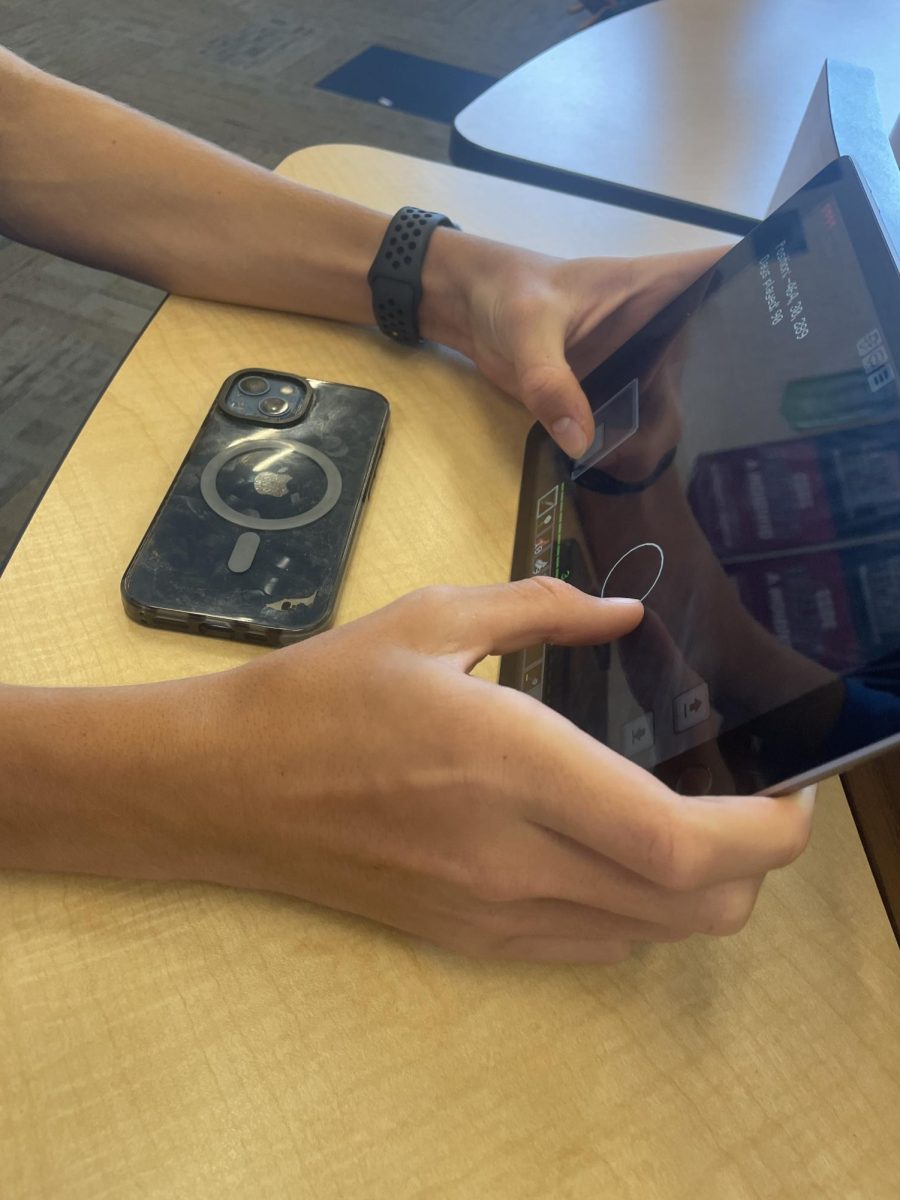With screen time reaching new heights, many companies such as Riedel and OurPact have found success in promoting anti-phone use programs, combating the global rising phone addiction.
Phone screen time is the highest it has ever been, with the average teen spending upwards of eight hours per day on their electronics. These habits are widely considered to be unhealthy and are raising concerns among experts.
Many social media companies have been a major part of the problem. Platforms from Facebook to Instagram are publishing their own vertical short content, which glues viewers to their phones for hours.
Despite this major push in the industry to keep consumers occupied as long as possible, there has been an uprise in technology aimed to keep people off their phones.
Many people are aware of the costs associated with doom scrolling and are unhappy with the amount of time they spend on their phones. But they are unable to detach from their devices. This has resulted in people reaching out for help via screen time reduction apps.
Senior Owen Zietlow is aware of how much time he spends on social media platforms but relates to the difficulty of logging off of social media. “I don’t want to spend much of my time on social media but often end up getting carried away with how long I spend on the app,” Zietlow said.
Many of these apps, however, are locked behind paywalls and require subscriptions to access or unlock special features. Studies have shown that around only 31% of these apps are actually effective, with some even increasing screen time.
This isn’t to say all apps are ineffective, though. Apps like Screen Time iOS can effectively reduce screen time and are a free feature built into iPhones.
However, in the end, it is also up to the commitment of the user to be proactive in reducing their phone activity. “Though some apps are effective in helping to reduce mobile phone use, without user motivation and commitment, they are likely to fail,” wrote the National Library of Medicine.
Similarly to the trend in screen time management apps, there has also been a boom in productivity apps. Apps such as Focus Keeper aim to help people be more productive during the day by encouraging them to do things such as read, work out and complete chores.
Senior Cameron Gotto expressed interest in such apps that could help boost his focus and limit his phone usage. “There are times I would really appreciate help with focusing on my homework or other responsibilities,” Gotto remarked.
As time spent on technology continues to rise, screen time reduction apps will continue to develop and become more effective and accessible, enabling people to have more fulfilling days and work time.









